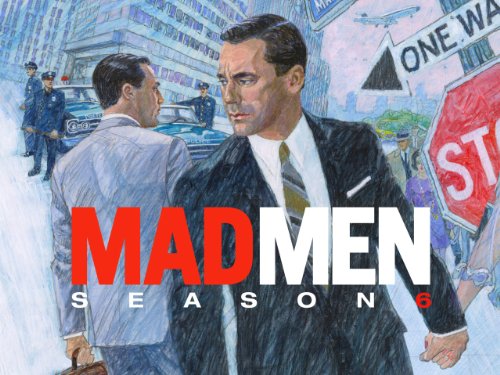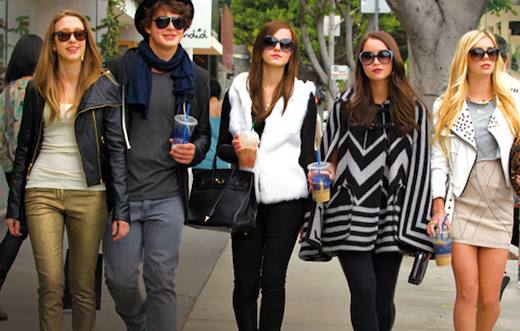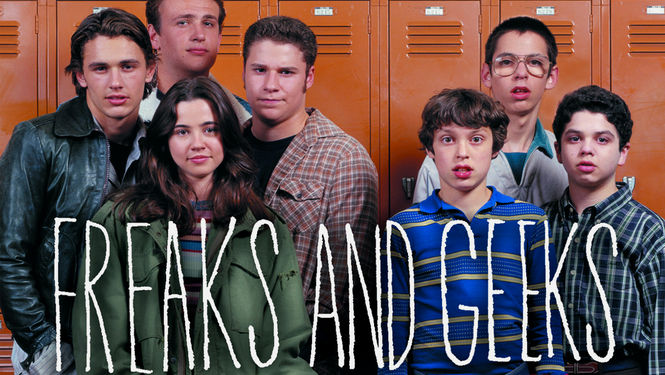Laura Marling's age has always been the big talking point when it comes to her music. She released her debut album, Alas I Cannot Swim, in 2008 when she was only 17 and it was as assured and confident as anything a 30 year old could put out. But instead of greeting it with open arms and warm adulation, some critics looked at it with a skeptical eye. Her music was weathered and world-weary, and those who didn't like the album usually did so because they questioned the authenticity of somebody her age speaking with such raw jadedness. These criticisms have mostly subsided, partially through the sheer power of Marling's prolificness, and over the course of her releasing 4 albums in the last 5 years, she's only gotten better and more polished. Marling has gained relative popularity in the UK, her native country, but she hasn't made as big of a splash here, which is an unfortunate bit of irony, given that Once I Was An Eagle might be the Great American Folk Record that's been needed for a long time.
The album opens up with four songs that feel more like one, a sweeping entity with movements that shift and blend into one another. It's fitting that a song called "Breathe" concludes this opening tetralogy, because the whole thing feels like a gigantic exhalation to start the album off, establishing its themes of love and loss and the hardened nature that results from it. Eagle is about a clash of opposing compulsions; a toughened exterior masking a soft, damaged center. On "I Was An Eagle," Marling steels herself, singing "Oh, I will not be a victim of romance / I will not be a victim of circumstance / chance or circumstance or any man / who could get his dirty little hands on me." If that installment serves as the peak of emotion in the four-part introduction, then "You Know" takes a more measured step back, looking upon a separation with numb wisdom: "We were a child then I'm sure / but if we were a child then we are children / no more." The album kind of works as Marling empowering herself to overcome men and heartbreak, but she wisely doesn't paint herself solely as the victim. "Breathe" is all about how mutually destructive the relationship in question could be, plainly stating "How cruel you were to me...how cruel I am to you."
Those four songs serve to inform the rest of the album, directly continuing with "Master Hunter," a ferocious, percussive song that's a splash of cold water in the face after the brooding acoustics that come before it. After all of the trudging through the battlefield of failed love, she comes out on the other side hardened, snarling "I cured my skin, now nothing gets in." Much of the tension on Eagle comes from this spectrum of calcification, which constantly shifts its position on the dial. That's what makes songs like "Little Love Caster," the hypnotic Spanish-guitar inflected lullaby that follows, so interesting. When the chorus hits and she says "I can't seem to say / 'I'd like you to stay'," it could have two different meanings: 1. Further affirmation of her emotional callousness or 2. She's become so used to being hardened that when she does find something real, she can't bring to herself to admit it. Later, "Undine" also skates on this precarious middle ground. It's a song about all-consuming love (notice how "undine" sounds like "undying"), yet it's one the few songs on the album that doesn't seem to be spoken from Marling's perspective.
With the exception of "Master Hunter," the first half sticks pretty closely to folk tropes, but the back half of the album is where it really begins to stretch out. Back-to-back songs "Where Can I Go?" and "Once" both liven things up by adding an organ to the mix. The latter in particular is a really soulful song; ironic, given that the lyrics almost function as an origin story for the guardedness exhibited on the rest of Once I Was An Eagle. "Once, once is enough to break you / Once, once is enough to make you think twice / About laying your love out on the line," she forlornly sings, and it's one of the rawest points on the album. This entire section is the highlight of the album, as "Pray For Me," Eagle's best song, comes right after. It's a surging, galvanizing that just builds and builds until it's ready to topple over at any second. Throughout many of the songs one the album, there's a recurring riff that appears in slightly different forms, and I've seen a few people complain that it gets repetitive, but I think it ties things together beautifully and it's used most effectively on "Pray For Me."
If the first quarter of the album chronicle the dissolution of a relationship, and the next two are devoted to the emotional fallout, then the last quarter is all about the healing process. "Love Be Brave" is the turning point, "Here comes a change over me / Something strange takes over me / I am brave and love is sweet." So much of what came before this section was about the inability to feel or running away from true feelings, but here things thaw, as exhibited in "Saved These Words," which starts out restrained until it can't help but burst open. In one of the verses, Marling sings, "Love's not easy, not always fun," and that feels like the mission statement of Once I Was An Eagle. It's a long album that's filled with peaks and valleys, and it's an emotionally exhausting experience, but one that's worthwhile. There's an interesting pacing and rhythm, and the album forms knots and tangles, each song informing those before and after. In the process, Marling reaches a sense of enlightenment, and you're likely to find some insight in there too.












